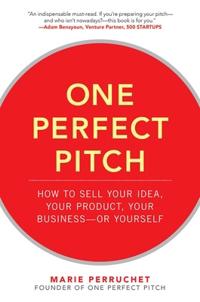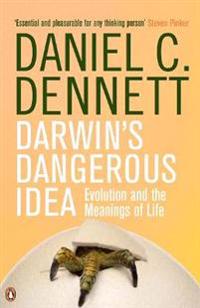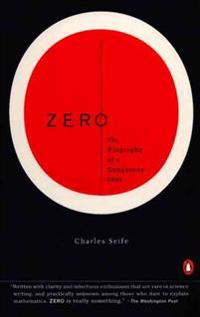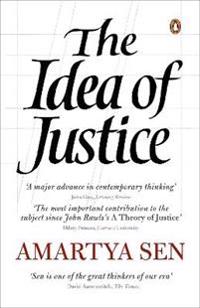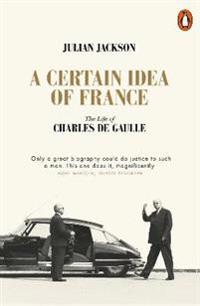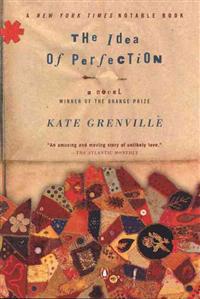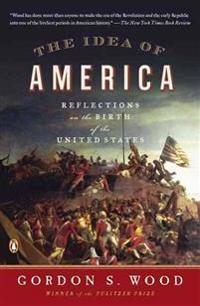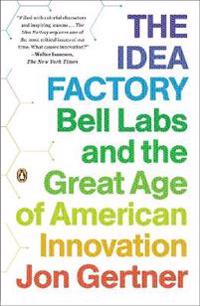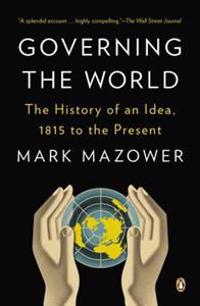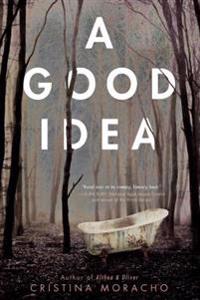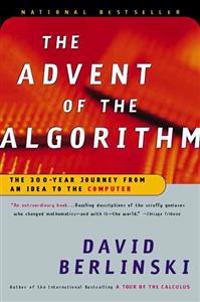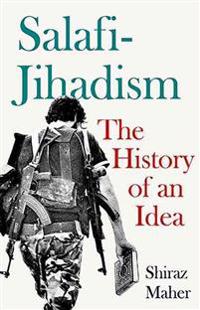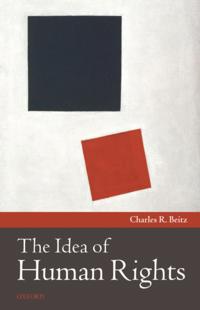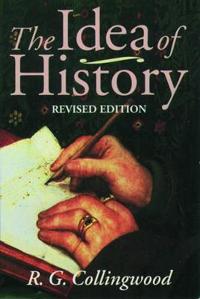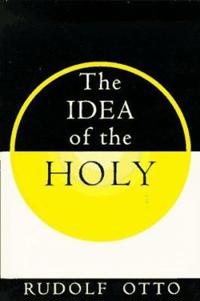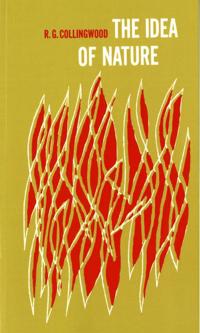One Perfect Pitch: How to Sell Your Idea, Your Product, Your Business--or Yourself
ISBN: 9780071837590 - UTGIVEN: 2015-12What's YOUR story?In the hypercompetitive world of Silicon Valley, this question has replaced "What's your pitch?" It's another way of asking, "Who are you?"The art of the pitch is nothing short of a survival skill. If an entrepreneur can't convince an investor in 10 minutes that a business idea has[...]
Home: A Short History of an Idea (Häftad)
avWitold Rybczynski
ISBN: 9780140102314 - UTGIVEN: 198707Walk through five centuries of homes both great and small--from the smoke-filled manor halls of the Middle Ages to today's Ralph Lauren-designed environments--on a house tour like no other, one that delightfully explicates the very idea of "home." You'll see how social and cultural changes influenc[...]
Darwin's Dangerous Idea (Storpocket)
avDaniel C. Dennett
ISBN: 9780140167344 - UTGIVEN: 199609In Darwin's "Dangerous Idea: Evolution and the Meanings of Life" Daniel C. Dennett argues that the theory of evolution can demystify the miracles of life without devaluing our most cherished beliefs. From the moment it first appeared, Charles Darwin's theory of evolution by natural selection has bee[...]
Zero: The Biography of a Dangerous Idea (Häftad)
avCharles Seife
ISBN: 9780140296471 - UTGIVEN: 200009The Babylonians invented it, the Greeks banned it, the Hindus worshiped it, and the Church used it to fend off heretics. Now it threatens the foundations of modern physics. For centuries the power of zero savored of the demonic; once harnessed, it became the most important tool in mathematics. For z[...]
The Idea of Justice (Häftad)
avAmartya K. Sen
ISBN: 9780141037851 - UTGIVEN: 201007From Nobel Prize-winning economist Amartya Sen, "The Idea of Justice" is a refreshing alternative approach to mainstream theories of justice. Is justice an ideal, for ever beyond our grasp, or something that may actually guide our practical decisions and enhance our lives? At the heart of Sen's argu[...]
The Idea of Perfection (Häftad)
avKate Grenville
ISBN: 9780142002858 - UTGIVEN: 200310The winner of the 2001 Orange Prize serves up a poignant story about an unlikely romance in the Australian bush between Douglas Cheesman, a shy and awkward engineer, and Harley Savage, a plain, large-boned woman who works as a museum curator. Reprint.[...]
The Idea of America: Reflections on the Birth of the United States (Häftad)
avGordon S. Wood
ISBN: 9780143121244 - UTGIVEN: 2012-06The preeminent historian of the Founding Era reflects on the birth of American nationhood and explains why the American Revolution remains so essential.
For Pulitzer Prize-winning historian Gordon S. Wood, the American Revolution is the most important event in our history, bar none. Since America[...]The Idea Factory (Häftad)
avJon Gertner
ISBN: 9780143122791 - UTGIVEN: 201305From its beginnings in the 1920s until its demise in the 1980s, Bell Labs - officially, the research and development wing of AT&T - was the biggest, and arguably the best, laboratory for new ideas in the world. From the transistor to the laser, from digital communications to cellular telephony, it's[...]
Governing the World: The History of an Idea, 1815 to the Present (Häftad)
avMark Mazower
ISBN: 9780143123941 - UTGIVEN: 2013-08A Good Idea
ISBN: 9780147517036 - UTGIVEN: 2018-02A taut, dark thriller from the author of Althea & Oliver. Finley and Betty's close friendship survived Fin's ninth-grade move from their coastal Maine town to Manhattan. Calls, letters, and summer visits continued to bind them together, and in the fall of their senior year, they both applied to NYU[...]
The Advent of the Algorithm: The 300-Year Journey from an Idea to the Computer (Häftad)
avDavid Berlinski
ISBN: 9780156013918 - UTGIVEN: 200105Simply put, an algorithm is a set of instructions-it's the code that makes computers run. A basic idea that proved elusive for hundreds of years and bent the minds of the greatest thinkers in the world, the algorithm is what made the modern world possible. Without the algorithm, there would have bee[...]
Salafi-Jihadism: The History of an Idea
ISBN: 9780190651121 - UTGIVEN: 2016-11No topic has captured the public imagination of late quite so dramatically as the specter of global jihadism. While much has been said about the way jihadists behave, their ideology remains poorly understood. As the Levant has imploded and millenarian radicals claim to have revived a Caliphate based[...]
Idea of Human Rights (e-bok)
avBEITZ
ISBN: 9780191571039Human rights have become one of the most important moral concepts in global political life over the last 60 years. Charles Beitz, one of the world's leading philosophers, offers a compelling new examination of the idea of a human right.[...]
Idea of Human Rights
ISBN: 9780191610165 - UTGIVEN: 2015-09The international doctrine of human rights is one of the most ambitious parts of the settlement of World War II. Since then, the language of human rights has become the common language of social criticism in global political life. This book is a theoretical examination of the central idea of that la[...]
The Idea of History (Storpocket)
avR.G. Collingwood
ISBN: 9780192853066 - UTGIVEN: 199408The Idea of History is the best-known work of the great Oxford philosopher, historian, and archaeologist R. G. Collingwood. Published posthumously in 1946, it examines how the idea of history has evolved from the time of Herodotus to the twentieth century, and offers Collingwood's own view of what h[...]
The Idea of the Holy (Häftad)
avRudolf Otto
ISBN: 9780195002102 - UTGIVEN: 196808Since the English translation first appeared in 1923, Rudolf Otto's volume has established itself as a classic in the field of religious philosophy. It offers an in-depth inquiry into the non-rational factor in the idea of the divine and its relation to the rational.[...]
The Idea of Nature (Häftad)
avR. G. Collingwood, Robin George Collingwood
ISBN: 9780195002171 - UTGIVEN: 1960-12Collingwood's theory of philosophical method applied to the problem of the philosophy of nature.
Civil Rights And The Idea Of Freedom (Inbunden)
avRichard King
ISBN: 9780195065077 - UTGIVEN: 1992-04-01Idea of Human Rights, The: Four Inquiries (Inbunden)
avMichael J. Perry
ISBN: 9780195116366 - UTGIVEN: 1998-01-01First Democracy: The Challenge of an Ancient Idea (Inbunden)
avPaul B. Woodruff
ISBN: 9780195177183 - UTGIVEN: 2005-03-01Idea of Ancient Literary Criticism, The (Inbunden)
avYun Lee Too
ISBN: 9780198150763 - UTGIVEN: 1999-02-11History as Re-enactment: R.G.Collingwood's "Idea of History" (Inbunden)
avWilliam H. Dray
ISBN: 9780198242932 - UTGIVEN: 1996-01-11Origen and the Life of the Stars: A History of an Idea (Pocket)
avAlan Scott
ISBN: 9780198263616 - UTGIVEN: 1994-01-20Project X: Discovery: George's Bright Idea (Pocket)
avIan Whybrow
ISBN: 9780198471325 - UTGIVEN: 2009-01-08

